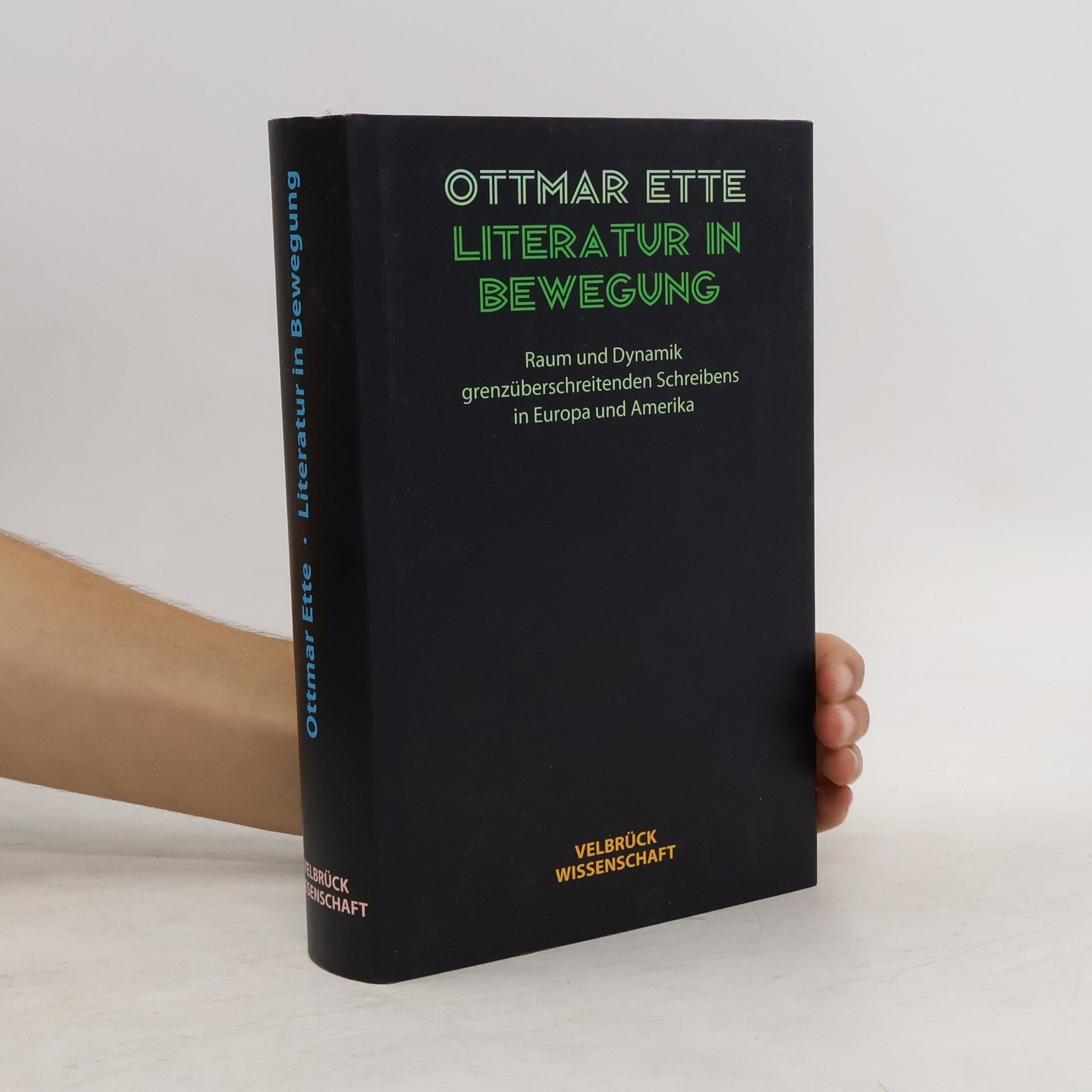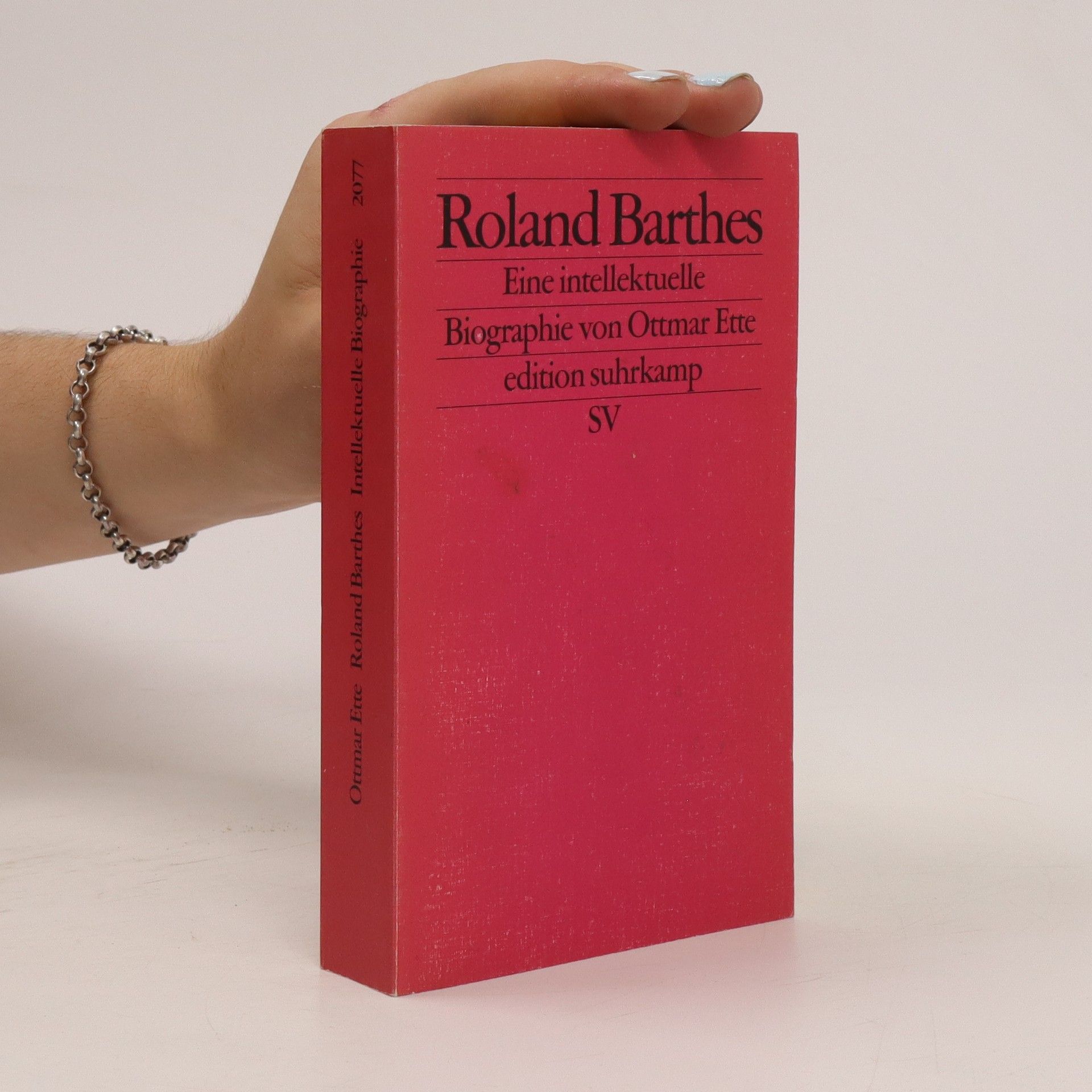Mein Name sei Amo
- 382 pages
- 14 hours of reading
Die Lebensgeschichte von Anton Wilhelm Amo, dem ersten schwarzen Philosophen im deutschsprachigen Raum, entfaltet sich vor dem Hintergrund der europäischen Aufklärung. Begleitet von seinem mysteriösen Pudel Zep, durchlebt Amo die Herausforderungen der Sklaverei, den akademischen Aufstieg und die Schatten des Rassismus. Seine Erlebnisse in Sanssouci, die Höhen und Tiefen der Liebe sowie die Suche nach Weisheit in seinem Heimatland Afrika werden lebhaft dargestellt. Das Werk vereint Elemente eines historischen Romans, Thrillers und philosophischer Satire zu einem faszinierenden literarischen Kaleidoskop.




